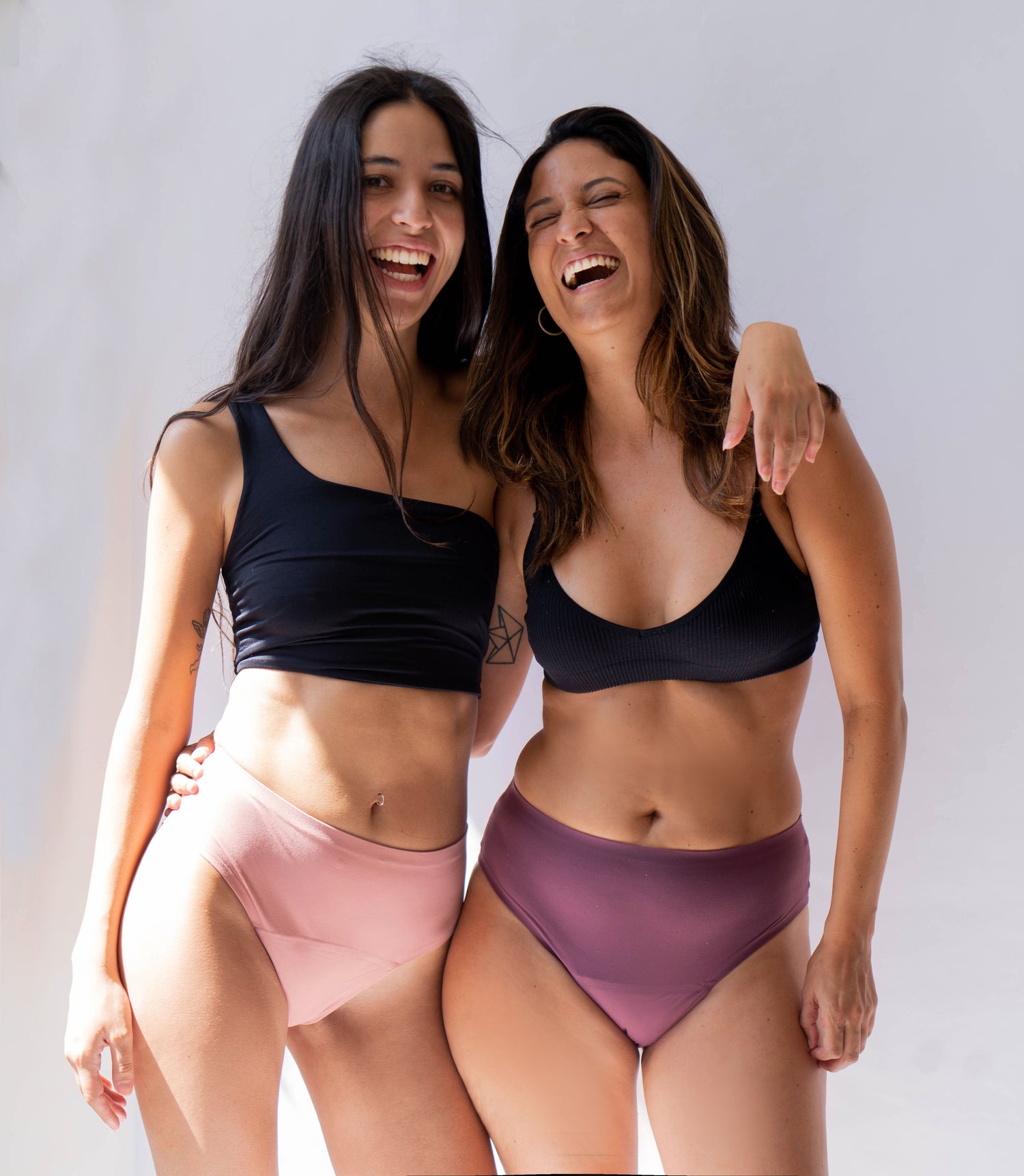The era of coming up with solutions that are thrown away after one single usage in order to profit maximize is coming to an end. Probably, most of you still have a radio from the olden days that works perfectly. And a stock full of electronics from our days, that are either broken or have become outdated after a short while. This can be explained by the fast change in technology, yes, but also by the fact that the profit incentive to make things that last is just not there. If a product breaks within a short time, the same customer will buy a new one, and ultimately, companies will earn more. While it is difficult to see how this incentive structure can be changed, it must! It makes no sense to engineer things that only work for a short term.
Businessmen with years and years of expertise have approached us critically and said – “but if your Ruby Cup product lasts for 10 years, how will you earn money? Maybe you should just write that Ruby Cup lasts for 3 years, then people will buy more, and you will earn more…” Our answer is: It is neither the product nor the business model that has a flaw, but the overall economic incentive system. Making long-term solutions in today’s world does not pay off!!
But figuring out how social, environmental, and financial goals can co-exist is exactly what we need to work on. It’s not an easy riddle to solve and we need all the help and inspiration we can get from brainy, like-minded people from all sectors and cultures, because we are keen on succeeding and getting better every day. One of our tools in our toolbox is using the concept of “inclusive business” as a dear asset. In our minds, our customers are the experts.
When we first arrived in Kenya, we visited a women’s group in Kibera, an enormous slum in Nairobi. After explaining Ruby Cup, we humbly asked the women for their know-how and expertise: “You know how to sell products here, we don’t, so please help us!” we said. The women came up with the colors for the packaging (pink, pink, and pink is, and always will be, an all-time favorite!).They recommended direct sales through women. They even they asked us to develop a sales video they could view on their cell phone. We have learned so much, and continue to learn more every day. This is just an example of how we seek to innovate and create development through partnerships. But we need a thousand more ideas—and one of them could come from you!
Working with sustainability is a complex matter because it’s systemic and can be approached from a million different angles. We will start with menstruation and can’t promise where we will go next. Maybe you work with agriculture or technology—why not see how we could collaborate? Let’s address development from a holistic perspective. Menstrual cups are great compared to disposable solutions. So are re-usable pads and biodegradable pads.
DO YOU WANT TO JOIN THE SUSTAINABLE MENSTRUAL HYGIENE REVOLUTION?
THEN JUMP ON THE RUBY BOARD
The three founders Maxie, Julie and Veronica welcome you on board!
 Your Account
Einloggen
Your Account
Einloggen
 Basket
Basket


